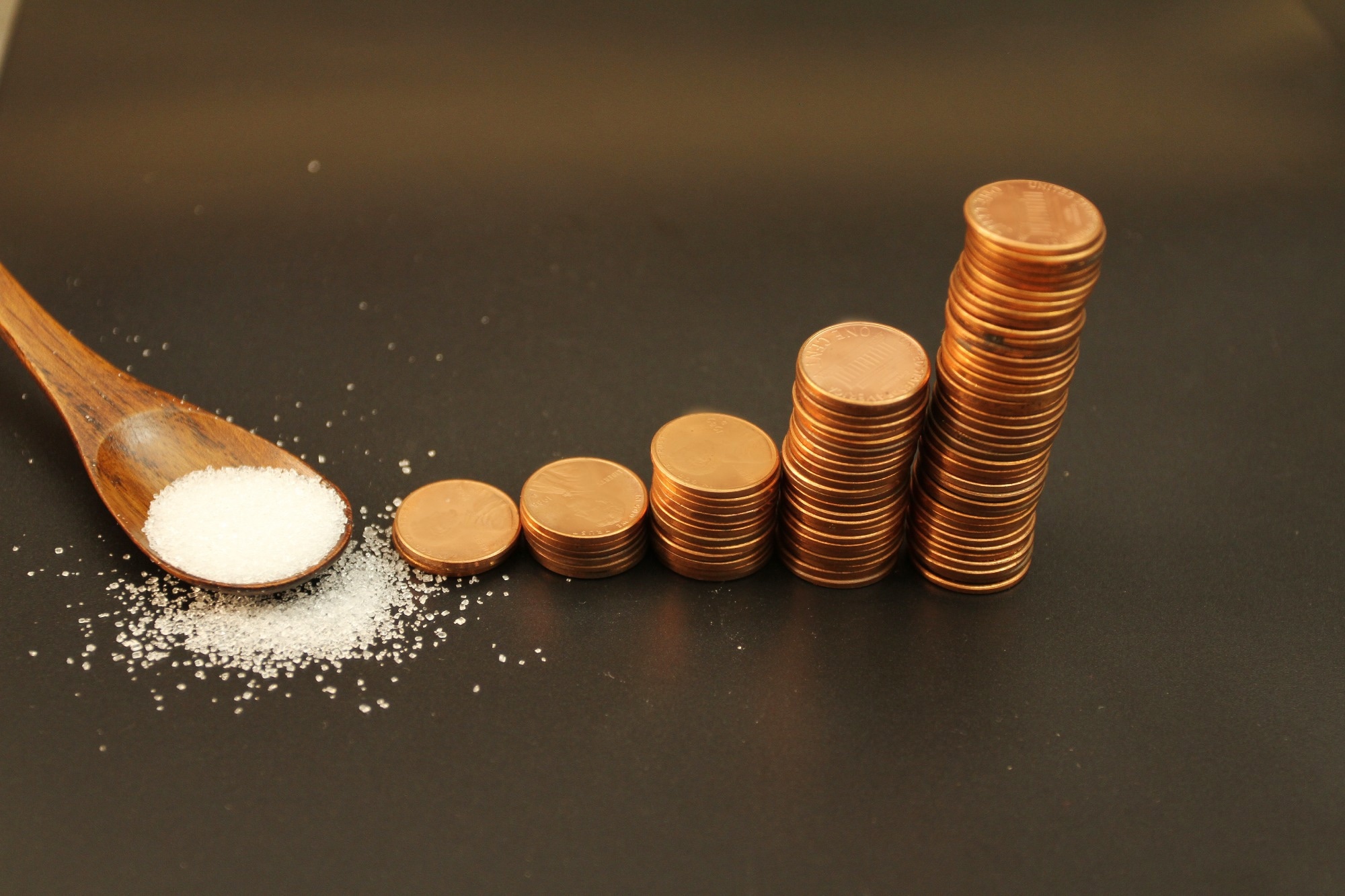The World Health Organization (WHO) recommends taxes on sugary soft drinks (SSBs) to reduce cardiometabolic disorders by increasing costs or by industry reforms to reduce sugar content. However, Germany has no SSB tax and is preparing a new strategy for food policy until 2050. The potential long-term economic and health impacts of taxation on SSBs in Germany are unclear.
 Study: Projected health and economic impacts of sugar-sweetened beverage taxation in Germany: A cross-validation modelling study. Image Credit: TassaneeT / Shutterstock
Study: Projected health and economic impacts of sugar-sweetened beverage taxation in Germany: A cross-validation modelling study. Image Credit: TassaneeT / Shutterstock
About the study
In the present cross-validation modeling study, researchers used established epidemiological evidence and national data to develop the first population health microsimulation model for Germany (IMPACTNCD), which was applied to predict the economic and health implications of different SSB taxation scenarios.
The researchers developed a microsimulation model based on the United Kingdom (UK) IMPACTNCD framework to study the impact of sugar-sweetened beverage taxation on dietary exposure, body mass index (BMI), cardiometabolic diseases, and related economic costs among Germans. The team modeled the Germans aged between 30 and 90 years over 20 years (between 2023 and 2043) and performed an economic evaluation from societal and healthcare perspectives.
Three scenarios were evaluated using the model: (i) a 20% ad valorem tax on SSBs based on international scientific consensus recommendations (the ad valorem tax scenario); (ii) a 20% ad valorem tax on SSBs and fruit juice (the extended ad valorem tax scenario); and (iii) a 30% reformulation of SSBs towards lower sugar content (the tiered tax scenario). The team predicted alterations in sugar intake and related changes in body weight for each scenario. They also estimated financial impacts and the quality-adjusted life years (QALYs) from health and societal perspectives.
All scenarios were re-estimated using only BMI-mediated effects, and the results were cross-validated with the PRIMEtime cohort model. The researchers constructed a synthetic German population to simulate the population-level impact of the policy scenarios. They used data on BMI and sugar-sweetened beverage and fruit juice intake from various studies, national data on the epidemiology of stroke, coronary heart disease (CHD), and type 2 diabetes mellitus (T2DM), and information on death counts, population count estimates, and projections by age and sex.
The team used generalized additive models for location, shape, and scale (GAMLSS) to estimate exposure distributions conditional on age and sex. By analyzing the German household consumption survey data, they estimated de novo uncompensated price elasticities for beverage categories with an almost ideal demand system. The own-price elasticity estimates for SSBs and fruit juices were −0.96 and −1.1, respectively, whereas their cross-price elasticity was 0.05.
Based on a recent meta-analysis, the team assumed a tax pass-through of 82%. The researchers primarily utilized anthropometric and dietary data from the KORA S4 cohort study and its two follow-ups, F4 and FF4 (1999 to 2014), which were supposed to be population representative of the Augsburg area in southern Germany. The SSB category included uncaffeinated soft drinks and fruit drinks with added sugars such as caloric sweeteners. The fruit juice category included 100% fruit juices, nectars, or other juice types that may contain added sugars.
Results
A 20% tax on sugar-sweetened beverages could decrease sugar consumption among German adults by 1.0 grams per day; expanding the 20% tax to fruit juices could lower sugar intake by 5.9 grams per day; and the tiered tax scenario leading to a 30% reduction in SSB sugar content via reformulation could reduce sugar intake by 2.3 grams per day.
Further, SSB taxation for Germans could avert or delay 132,100-244,100 T2DM cases, with a gain of 106,000-192,300 QALYs and a saving of €10-€16 billion from a societal perspective between 2023 and 2043. The tiered tax scenario showed the most profound effects. In absolute terms, the health impacts over the long run largely depended on the significance of the direct, body mass index-independent cardiovascular and metabolic effects of sugar-sweetened beverages.
The effects of 20% taxation on sugar-sweetened beverages were more profound when extending taxes to fruit juices (252,400 quality-adjusted life years gained; €12 billion saved); however, excluding the direct health implications of sugar-sweetened beverages decreased the effects of taxation. The cross-validation analysis using PRIMEtime data yielded similar findings. The limitations were uncertainties in epidemiological evidence and the absence of product-level information.
Overall, the study findings showed that applying taxes to sugar-sweetened beverages in Germany could significantly reduce non-communicable diseases and societal costs, in line with international modeling studies. This strategy would more profoundly impact population health and the economy than the ad valorem tax, which drives price increases. The modeled scenarios would enhance public health and save societal expenditures by preventing the development of cardiometabolic diseases. Future research should include children and adolescents and assess temporal patterns and health implications other than cardiovascular disease and type 2 diabetes mellitus.